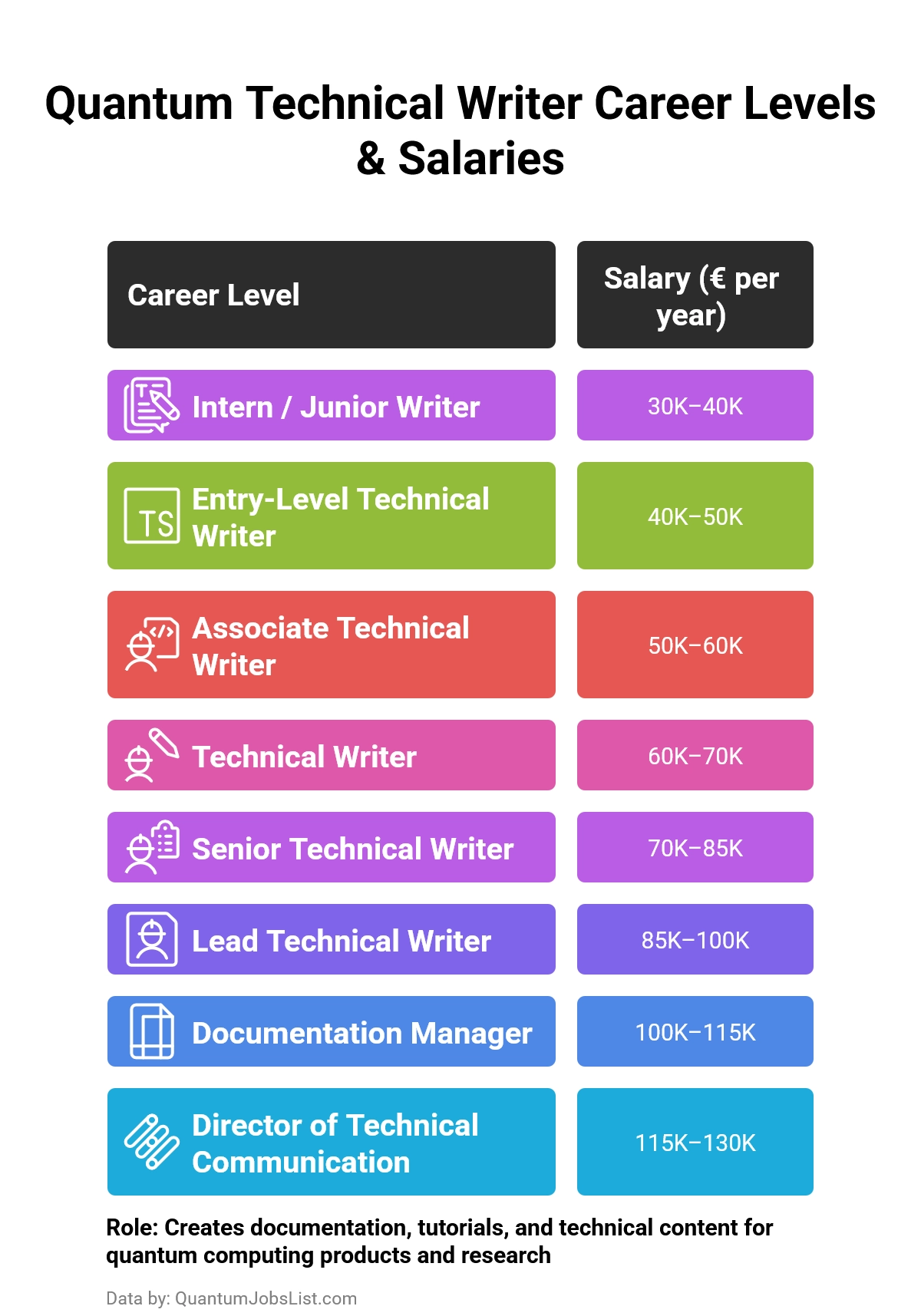A Quantum Technical Writer develops detailed documentation, user manuals, and other forms of technical writing on products and research related to quantum computing. They clarify complex quantum concepts into understandable language for developers, researchers, and business users of all skill levels.
As of 2025, in the quantum industry, quantum technical writers earn a salary range of $50,000 to $115,000, depending on their experience and the type of organization. This role acts as a conduit between quantum technology experts and their users or customers by writing tutorials, API documentation, white papers, and other instructional materials. You can learn more about quantum jobs salaries here.
The quantum industry currently employs between 800 and 1,000 technical writers. Quantum computing companies, research institutes, educational research, documentation firms, and consulting firms also hire technical writers for the purpose of enhancing the documentation and thus, quantum technology advocacy.

What is the average base salary?
Min. Qualifications
What You Need to Know
What does a Quantum Technical Writer do?
A Quantum Technical Writer creates documentation, user guides, tutorials, API references, and educational content. These all explain quantum computing concepts, products, and tools in clear, accessible language.
What qualifications are needed to become a Quantum Technical Writer?
A bachelor's degree in Technical Writing, English, or a STEM field is required. Ability to understand quantum concepts, excellent writing skills, and experience creating technical documentation are nice to have.
What is the average salary for a Quantum Technical Writer?
Quantum Technical Writers earn $50,000 - $115,000 globally. American positions average $88,000. European roles around €73,000, while remote positions at $84,000 annually.
Why are Quantum Technical Writers important in the quantum industry?
They make quantum technology accessible by creating clear documentation. These documents help developers, researchers, and businesses understand and use quantum tools, directly accelerating quantum computing adoption and education.
More Quantum Job Salaries
Cryogenic Engineer (Quantum Systems)
Builds ultra-low temperature systems for quantum hardware, earning $90,000-$185,000+.

Quantum Control Engineer
Designs and tunes quantum hardware control systems, earning $95,000-$190,000+.

Quantum DevOps Engineer
Manages quantum infrastructure and pipelines, earning $90,000-$180,000+.

Quantum Solutions Architect
Designs enterprise-ready quantum systems, earning $100,000-$210,000+.

Quantum Product Manager
Leads quantum product vision and delivery, earning $100,000-$220,000+.

Quantum Systems Engineer
Integrates quantum hardware and software components into complete quantum computing systems.


.svg)
.svg)

